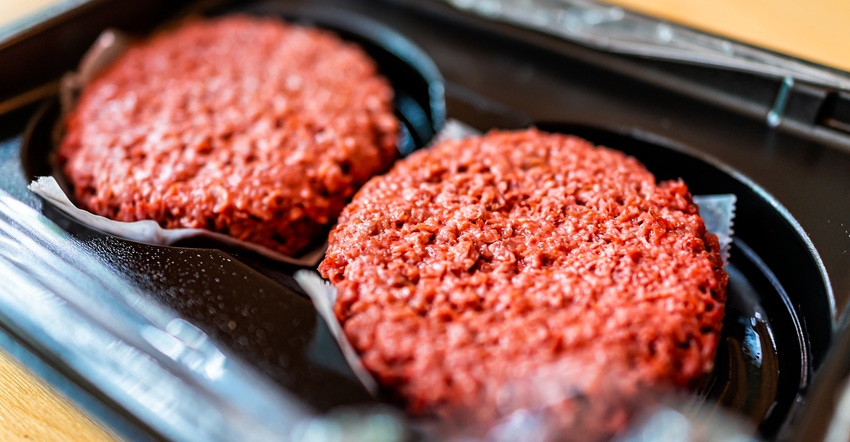April 8, 2022

You can be book-smart. But that doesn’t mean you’ve got a lick of sense.
This adage came to mind last week when we heard Bill Gates once again push rich nations to move to 100% synthetic beef consumption. He’s written a new book, “How to Avoid a Climate Disaster,” in which he lays out the call for rich countries to turn to plant-based proteins to combat methane emissions produced by livestock.
OK, let’s for a moment follow Gates’ wildly flawed line of logic and say we do move to 100% plant-based proteins. This creates more problems than it solves.
Where do the cows go?
We can’t have one gigantic final cookout. First, the carbon released by the barbecue pits alone would negate any greenhouse gas savings. And second, the animal rights contingency would lose its collective mind. So, what do we do with the nation’s existing cow herd? I guess the answer is, we let them die of old age on some giant sanctuary the size of Montana. Good thing Gates owns all that farmland.
And let’s consider what happens to all the grassland that provides not only grazing for cattle, but also wildlife habitat, and serves as a carbon sink. Cattle are part of the carbon cycle, grazing grass and replacing nutrients in the system. Remove grazing and there goes the nutrient cycling.
Speaking of fertilizer, without cattle, just where is the fertilizer going to come from to raise the plants that go into plant-based protein products?
What’s the next economic driver?
What does Gates propose should take the place of the more than 700,000 farms and ranches in small towns and rural communities that raise beef cattle? What are those families supposed to do to replace their income? And what exactly is going to replace that economic driver in those communities?
I don’t see Gates and his billionaire buddies bringing replacement employers to Kansas towns like Lebo, or Ashland, or Bird City. There’s not enough corporate jet parking, for starters.
Haves and have-nots
Fake meat itself is not some utopian fantasy. As the National Cattlemen’s Beef Association writes in its response to Gates, “Even in ‘rich countries’ like the United States, there is a vast disparity between people like Gates and everyone else. In every community across the nation, there are people facing economic hardship, many of whom don’t get enough to eat and often lack access to affordable sources of protein. Limiting their options or mandating expensive fake meat, as Gates suggests, is typical of his elitist thinking.”
Considering the Gates Foundation’s work in poor countries, you’d think this would be glaringly obvious to a book-smart guy. Asking the working poor to forego a safe, affordable, plentiful, nutritious protein source for the climate is elitist on a level that only a billionaire could achieve.
Unintended consequences
The thing that should be abundantly clear to someone with any sense is that you cannot make a giant arbitrary change without massive unintended consequences — no matter what the topic. In this case, even if this argument is made with good intentions toward the environment, it’s not going to fix the climate situation. According to NCBA and the EPA, just 2% of total U.S. greenhouse gas emissions come from beef cattle production. Whereas energy production and transportation produce a combined 54% of U.S. greenhouse gas emissions.
Fake meat has its own environmental failures, by the way. From the massive amounts of electricity involved in the production process, to the plastic materials sent to landfills as manufacturing byproducts, it’s got a tarnished environmental and nutritional halo if you look close enough.
Economics
In a story we ran Monday, Cattle Chat: Tonsor offers insights into economics of alternative proteins, we heard from Glynn Tonsor, Kansas State University ag economist. Right now, plant-based proteins are more expensive, but venture capital investment and production improvements may make them cheaper in the future.
That’s something Bill Gates is undoubtedly betting on. He’s invested in alternative protein production, according to several news reports.
Tonsor’s research, commissioned by Cattlemen’s Beef Board, shows that a 10% reduction in the price of plant-based proteins would correspond to a 0.15% decline in cattle production. That’s not exactly a huge economic impact to the industry.
So, Mr. Gates may be book-smart, but this argument he’s put forth makes no sense.
No, we aren’t all going to be eating fake meat. It would be illogical from an environmental, sociological and economical standpoint. You know, the three legs of the definition of sustainability?
I read that in a book somewhere.
You May Also Like




